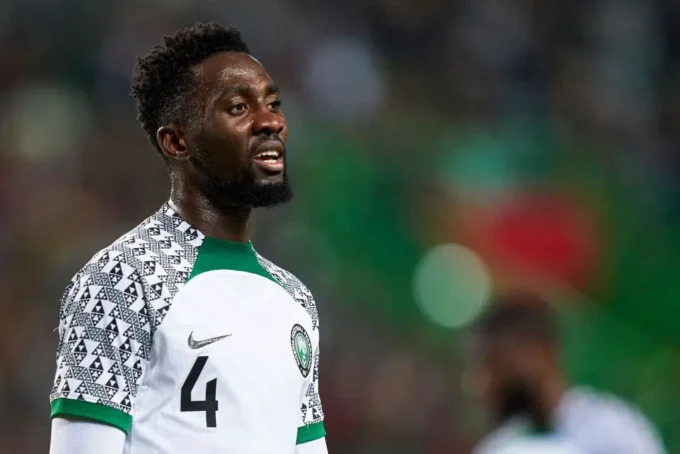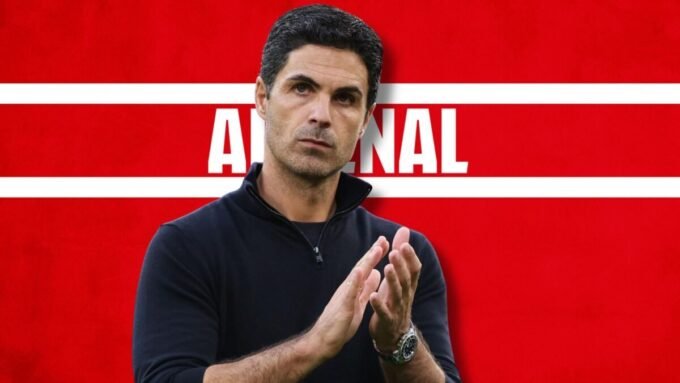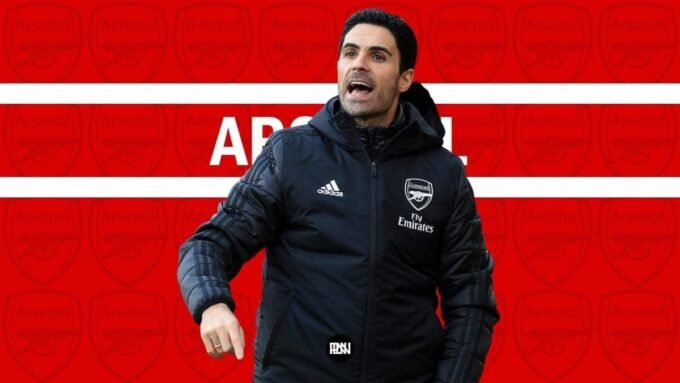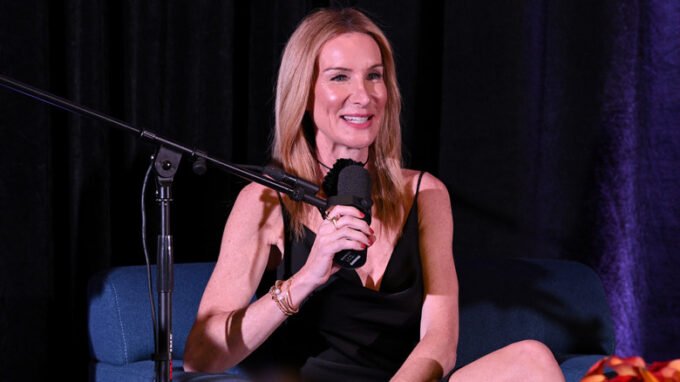It’s the kind of setback that feels almost petty: not a training knock or a tactical decision, but something that happened at home — an accident that now keeps Cole Palmer sidelined. The 23-year-old was edging back from a groin issue that has limited his season, and then, well, a fractured toe. That injury will keep him out of at least three important matches: Burnley away on Saturday, the midweek Champions League tie with Barcelona, and the next weekend’s London derby with Arsenal. It’s a short list of games, but they’re big ones. And, frankly, they matter.
When I first read about this, I felt a small, annoyed sympathy. It’s not dramatic, not cinematic — just a toe gone wrong during everyday life. Yet for Chelsea, it’s inconvenient in the worst timing kind of way. Palmer had played only four times this season after missing a chunk with that groin problem, so every minute of fitness counts. Losing him now feels like losing a spare match plan; you can shuffle players around, of course, but one less creative piece changes how things look on paper and on the pitch.
Why this matters now
Palmer brings a certain spark: quick feet, clever movement, a tendency to find pockets of space where defenders don’t expect him. That kind of instinct is hard to replicate. Chelsea are facing a cluster of fixtures where inventiveness could be the difference between points and frustration. Burnley away is rarely comfortable. Barcelona in the Champions League is, well, Barcelona. Arsenal in a derby is all intensity and little margin for error. Take him out of this mix and you suddenly notice how few players can provide the same blend of threat and unpredictability.
Also read; Liverpool Eyes Raphinha — A €100m Gamble to Solve the Right Wing Puzzle
Chelsea’s squad can cover — they always have depth — but coverage isn’t the same as having that specific skill set available. You can put someone else in that role, and they might do fine. But they won’t always do the same things at the same moments. That subtle difference can ripple: a run not made, a pass not attempted, a chance not created. In tight games, those micro-decisions accumulate into measurable impacts.
A tough season for Palmer
It’s worth pausing on the bigger picture for Palmer himself. This campaign hasn’t been kind. Two months out with a groin problem, sparse minutes, then the hope of a return dashed by a household mishap. It’s the kind of personal frustration many players quietly endure — no headlines, mostly annoyance and caution. For a young player trying to build momentum, recurring interruptions like this do more than just rob match time; they stall rhythm, confidence, and the simple forward motion of development.
You also have to think about the psychological side. Coming back from a groin injury can make a player tentative; adding a toe fracture makes him re-check every movement. I don’t mean to be melodramatic — injuries heal, and medical teams are thorough — but the mental residue lingers. Players get cautious, maybe shrink away from full-intensity duels for a week or two longer than their bodies strictly require. It’s small, subtle, but it matters to form and to match readiness.
Tactical adjustments and likely alternatives
So what will Chelsea do? They’ve got options. Managers hate when choices are framed as binary — slot someone in, move another to the left, change the formation — but that’s the essence of it. Expect the coach to tinker: playing a more direct plan at Burnley, perhaps, or leaning on a midfielder with different strengths in the Barcelona game. Someone else will be asked to shoulder creativity duties, and someone else will have to make late runs into the box. That’s football; adaptability counts.
A couple of names might step up — maybe a young academy player gets a bit more game time, or a rotation option is pushed forward. Or Chelsea could decide to alter shape slightly to protect the spaces Palmer typically works. It’s a small chess move but one that could reduce the immediate impact of his absence. Still, the reality is that no one can instantly replicate Palmer’s specific timing and movement. There will be a learning curve, even if it’s only a subtle readjustment.
Also read; United, Arsenal and Palace Circle Young French Centre-Back — Who Will Win the Race?
What this tells us about luck and squads
This incident is a reminder that squads are built not just for form and fitness but for the messy, random parts of life. Players get sick, trips go wrong, fingers get stained with paint, toes get injured — all mundane things that end up shaping a season. Teams that cope well tend to have not only quality depth but also the psychological resilience to absorb odd, minor shocks like this and keep moving.
It’s also a reminder that football seasons are long and often hinge on small incidents. That sounds obvious, I guess, but when you look at the schedule and the small margins in big matches, these tiny setbacks can feel heavier than they should. Still, Chelsea will go on. They have options, resources, and time to regroup. For Palmer, the hope is that this heals quickly, he rebuilds fitness carefully, and returns with the kind of sharpness that made him a valuable asset in the first place.
A brief wrap
This isn’t catastrophic — not in the grand scheme — but it is inconvenient, and strategically awkward. Chelsea lose a creative edge at a brittle moment, Palmer loses precious minutes in a stop-start season, and everyone has to adjust. It’s manageable, yes, but it’s also a reminder that football is full of small, human interruptions. We’ll see how the team handles it. I, for one, will be watching to see who steps into that slightly uncomfortable vacancy and whether the Blues can rearrange without losing too much of their spark.






































Leave a comment